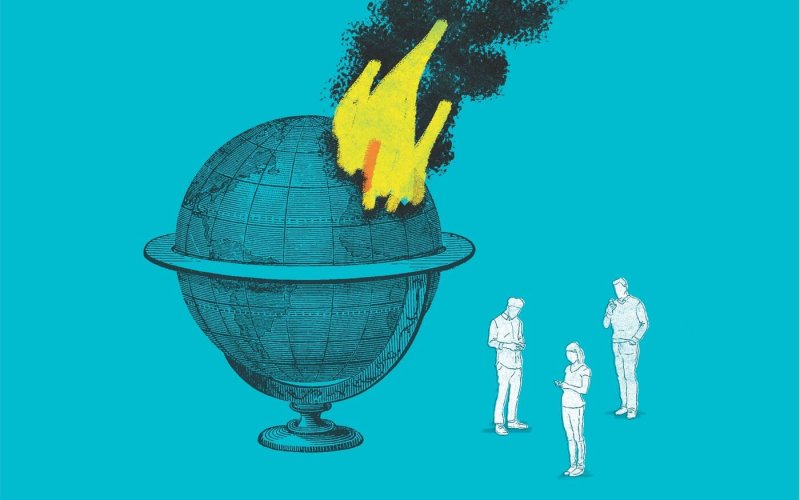More tragedy doesn’t always elicit more empathy; it can counterintuitively bring about apathy. The magnitude of the death toll can cause some people to become less compassionate, says Paul Slovic, a psychologist at the University of Oregon, due to a phenomenon he calls “psychic numbing.”
In a 2014 study that looked at charitable giving, Slovic found that people’s concern for those in distress didn’t increase as the number of needy cases did. “Our feelings are very strong for one person in danger, but they don’t scale up very well,” he says. “If there are two people, you don’t feel twice as bad. Your attention gets divided, and you don’t have as strong an emotional connection.”
Slovic suggests our brains evolved this way as a coping mechanism. Millions of years ago, humans weren’t even aware of distant people’s plagues, conflicts, or disasters, so we naturally focused on protecting ourselves, our families, and our small communities.
In addition, the long duration of the pandemic, combined with the absence of a clear end, can dull people’s sense of shock, other experts say. Simply put, some brains have gotten used to hearing about COVID-19 deaths to the point where higher numbers no longer register emotionally.































